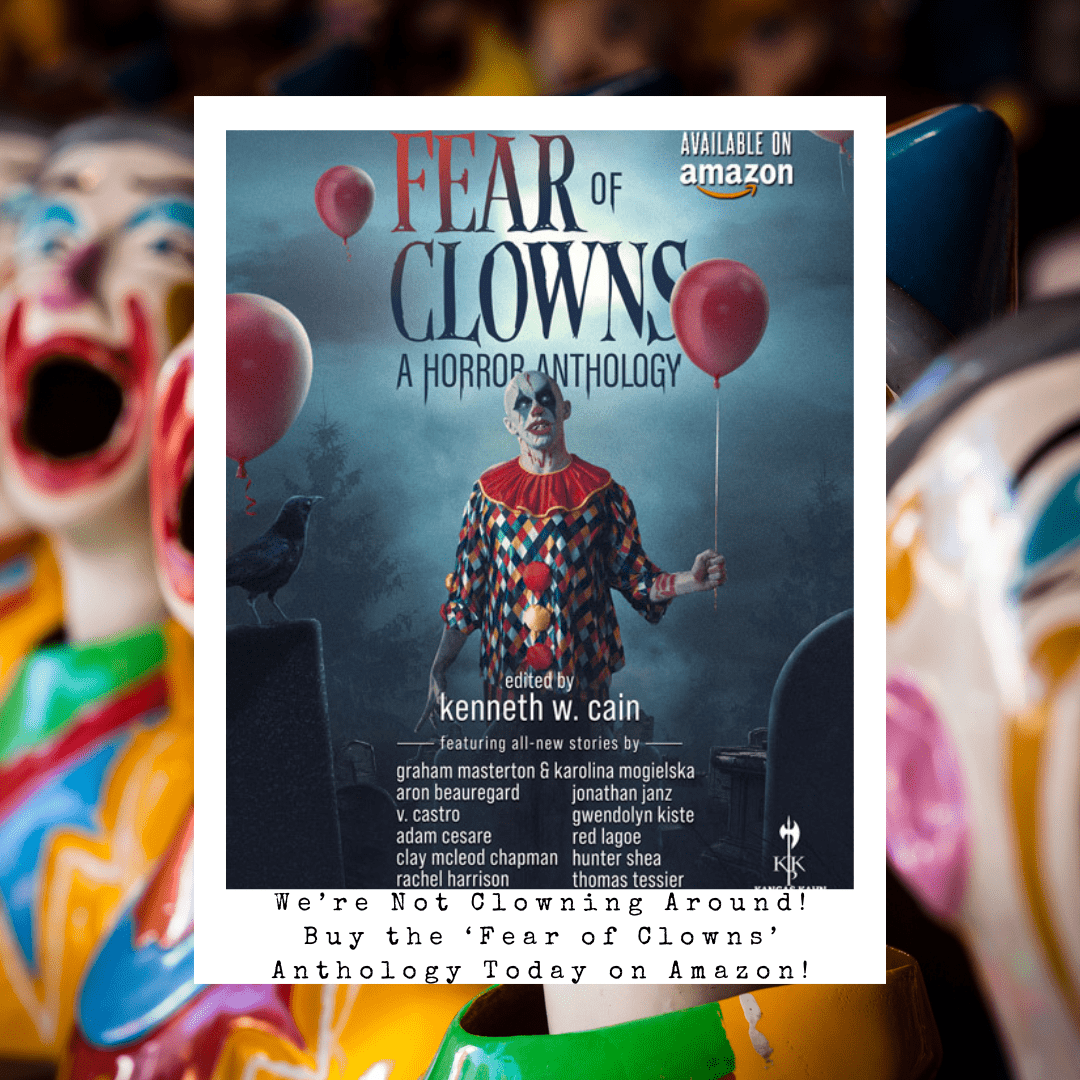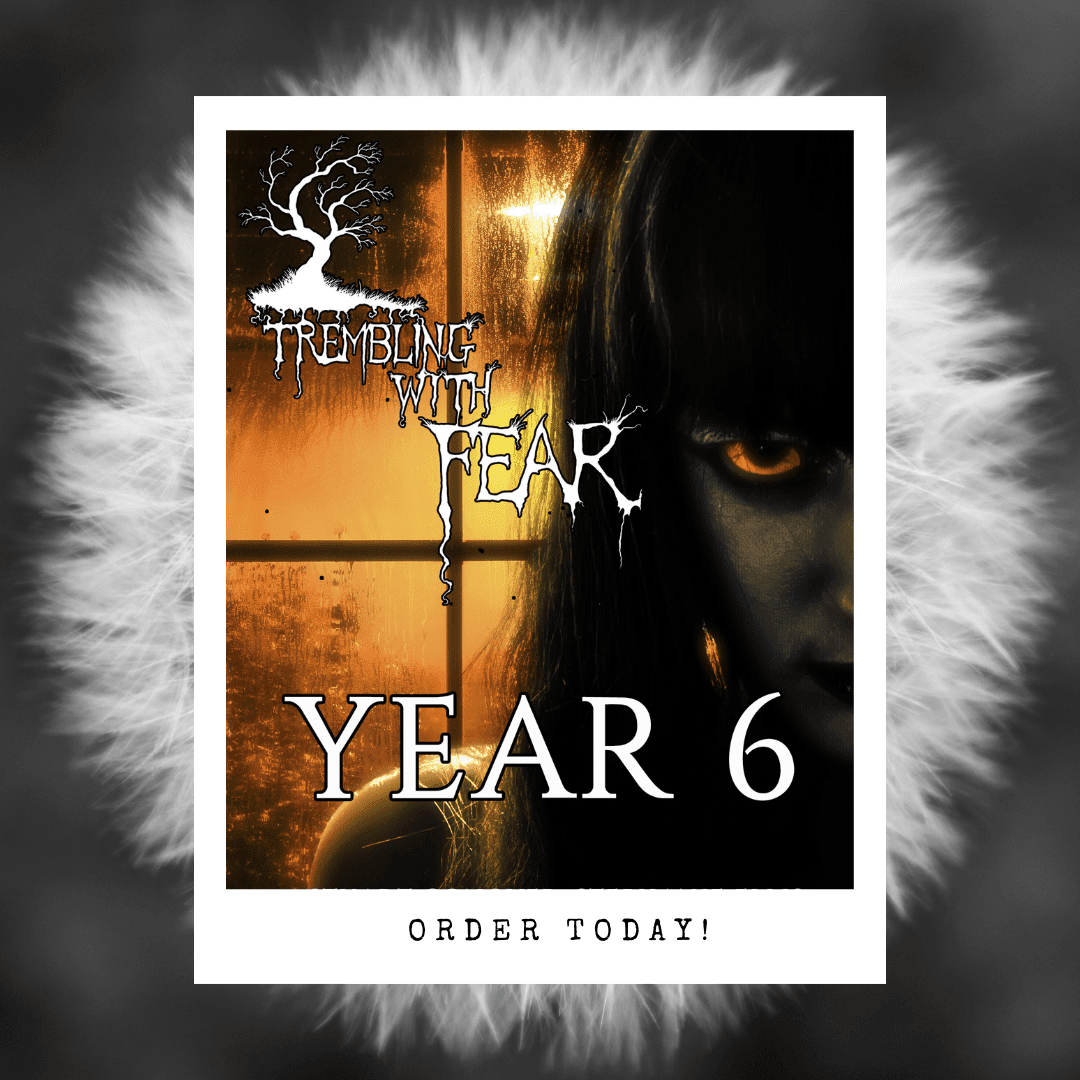An Interview with Eric Rickstad
Remote Viewing with Eric Rickstad
By Nikki Kirsch
Remote viewing is a fascinating phenomenon, and once I found out it was one of the topics of Eric Rickstad’s new series, I knew I wanted to interview him!
Grab a cozy, warm tea or coffee, settle in with your favorite blankie, and be prepared to be thoroughly freaked out at what the human mind just may be capable of…
Bio: Eric Rickstad is the New York Times, USA Today, Daily Globe, and international bestselling author of nine novels, published in numerous languages. His novel The Silent Girls has sold more than 500,000 copies. His other novels have been awarded a New York Times Best Thriller Of The Year, NPR Book Of The Year, Amazon Book of the Month, Apple Book of the Month, and two International Thriller Award nominations for Best Novel.
His most recent novel, Lilith, is currently longlisted for the highly prestigious Aspen Word Literary Prize. His debut novel Reap was a New York Times Notable Book. He received his MFA from the University of Virginia as both a Henry Hoyns and a Corse Fellow. He’s taught in Emerson College’s MFA Writing Program, and at Boston University and The University of Virginia.
He lives in Vermont with his wife, daughter, and son.
Nikki: Your new Remote series focuses on the phenomenon of remote viewing (which, for those who aren’t familiar, remote viewing is the phenomenon of being able to gather details about things, people, or places that are not in the same vicinity as the “viewer” – think ESP). Can you perform remote viewing? Is that what inspired you to write the work?
Eric: I wish. It would be helpful in many ways, I’m sure. Though as a kid, my friend David and I were convinced we had ESP and all those 70s powers. One very strange thing happened to us. We were in 7th grade and sledding on a hill in the neighborhood. One of our neighbors had died, a father. We were only 12 so didn’t get how horrible this really was. We joked about who was next. We decided the next to die was a man that lived a couple houses up and across the street from where we were sledding. We said, “You’re next, Mr. XXX.” He died of a heart attack in his bathroom the next night.
What inspired me most was the idea of a remote viewer who has been used by a government program his entire life and asked to help FBI Special Agent, Lukas Stark to find a serial killer who might also be a remote viewer. If so, how do you possibly catch a serial killer who can see your every move? Of course, there is always that niggling doubt, are either of these remote viewers really able to do what they say, or is there something more malicious and terrifying at work?
Nikki: Wow, I’m spooked already after the first question, but let’s keep going! Since a lot of remote viewing material has been classified over the years, was the subject difficult to research and translate into a fictional story?
Eric: There is a lot of material online, from old CIA documents of an entire era where they viewed it as viable enough to pursue as a way for the U.S. and Russia to gather information and intelligence. There is also a story about a man named Pat Price that is very mysterious and worth the time to look into.
Nikki: What books inspired you to write? This may be a selfish question for me to ask because I’ve read that Stephen King’s Nightshift was a huge inspiration for you – as it was for me!
Eric: NIGHT SHIFT! What a book! I love every single story in it. And re-read it often. King was a huge influence, as well as Roald Dahl’s books, especially DANNY CHAMPION OF THE WORLD. It had that criminal element. When my 8th grade teacher had us read THE Tell-Tale Heart, that opened up a whole new world. WHAT is this?! I went straight to the school library and took out all of Poe’s works I could find and gobbled them up. Really, so many books and authors. But those are the key foundations. I ended up getting an MFA at the University of Virginia and Poe had attended one year there. His old “dorm” room on the Lawn has been preserved as a sort of museum. There is plexiglass where the outer door would be, and the room is set up as it would have been then for him. When I got stuck in my own writing, frustrated and depressed about it, and could not sleep, I would walk the three miles from my attic apartment at midnight and bring a notebook and write in it while I sat outside his room. It worked.
Nikki: I love your story about visiting Poe’s old dorm room, that is inspiring! One of your favorite “characters” to write about is the harrowing, winter Vermont woods. What is it about the Vermont woods that speak to you?
Eric: They are terrifying. I am in the woods all the time, literally as often as time permits. There, and on streams, is where I prefer to be. I am restless inside. When I hunt deer, I’ll track miles and miles into the woods, deeper and deeper, go in before it’s light and come out when it’s dark. But the woods, especially the New England woods, can be very creepy. Very gothic. There is a lot of lore associated with them. You can get lost in them. The weather and temperature can change very suddenly, from a pleasant 50-degree autumn day of sunshine to a snowstorm with fierce winds, blinding, disorienting snow and temperatures below freezing. You can’t see very far. Someone, or something can sneak up from behind very easily. And it’s where all the bodies are hidden.
Nikki: Psychic abilities…woods…bodies…hiding…yep I’m sleeping with the lights on tonight! I also read in a bio of yours that you like to write first drafts with pencil in a notebook. Me too! What about this method works for you?
Eric: It’s great, isn’t it? I love how tactile it is. The physicality of it. A Black Warrior pencil scratching on paper. Sharpening it with a pocketknife. Striking out bad writing is very satisfying. Drawing arrows to swap out passages. Writing notes in the margins. Even doodling. It works for me. And I can do it outside, where I prefer to be.
Nikki: Aside from writing outdoors, what other outdoors hobbies or activities do you enjoy?
Eric: I love being with my family, my wife and two kids. We spend a lot of time baking and hiking and playing with our crazy beagle. We visit Boston a few times a year and like to swim in the river nearby our house. I coach Little league and my wife and I love going to our kids games, basketball and soccer, and just hanging out watching shows we like, like Bob’s Burgers and Psych.
When alone, or with friends, I enjoy deer hunting and fly fishing. Hiking. Reading. Fly tying.
Nikki: I’ve seen your work classified as mystery, thriller, and crime. What drew you to these genres?
Eric: Those first authors I read, King, Poe, and Dahl etc. for certain. But I suspect there is something more basic in me that draws me to it. Meaning, a lot of people read those writers as young people and they don’t like them at all. They’re too scary, unsettling. I am most comfortable when I am unsettled. I recall even before I was reading those books, when I was in like 3rd grade, in class I would draw a simple face of an ordinary man. With glasses, clean shaven etc. And the next picture I’d give him stubble. The next remove his glasses etc. until over a dozen or so drawings, he would morph into this crazed looking criminal like person. As well, I’ve had friends and family that have been both victims of violence and been violent criminals. Part of it is just drawing from life, both what is unsettling and hopeful.
Nikki: Your book concepts can focus on sensitive issues in such a way that makes readers feel comfortable discussing the topics, such as your novel Lilith, which focuses on a woman’s decision regarding a school shooting and gun violence. What inspires you to give a voice to controversial topics?
Eric: I don’t see them as controversial. And I suppose I am drawn to sensitive topics as a person and a writer. I look around and write what compels me most. A flawed justice system. Criminal behavior. The cost of violence, and how victims are forever affected by it. I write about what bothers or angers me or fascinates me. And I try to write as entertaining, suspenseful and terrifying a novel as I possibly can around those interests, novels that shake people up, disturb them perhaps in ways that make them wonder, in ways they have a hard time forgetting.
I wrote Lilith because in 2015, when I dropped my daughter off at pre-K for the first time, I saw a sign by the door that read, do not enter school if blue or red lights are flashing. The door locked. We had to be buzzed in as if entering the pentagon instead of a grade school in a small Vermont town. It was because the place that’s supposed to be a haven for learning and growing and community has become a place for the slaughter of our children and their educators. A few days later I learned the school practiced “Lockdown Days” to prepare for being attacked and killed. I had to write about that. As a parent. A citizen. A gun owner who is fed up. I had to write it, but I never viewed it as controversial. I did however realize that the subject matter, for me, needed to be written in a way that was respectful and sensitive and not exploitative. I don’t have an interest in that.
Nikki: In the Remote series, two FBI agents partner together to track and obtain a possible serial killer; how do you research and create a serial killer character?
Eric: Serial killers fascinate many of us. They’re as once real and utterly unfathomable as human beings who hunt and kill, and sometimes eat, other human beings. We tend to think both our fascination with, and the reality of serial killers is a modern phenomenon, but it’s not. They’ve frightened and enthralled us going back to at least 1574, if not much farther, when the Werewolf of Dole, a French hermit and cannibal was convicted of murdering four children and terrorizing a community. I’ve been fascinated and repelled by them since 1978. When I was in fifth grade, I picked up a Reader’s Digest to flip through during reading time and stopped on a page of photos I thought were of different men, some bedraggled, bearded and grave, others clean-shaven, charming, and smiling. There was one photo of a man screaming and in such a fury he seemed positively possessed with rage. It turned out the photos were all of the same man: Ted Bundy. He was not “infamous” yet. As I read the piece, I learned he was born in Burlington, Vermont, almost across the street from my mom’s childhood home, just miles from where I was reading about him. I couldn’t fathom how a person could commit such atrocities. This is where I think our fascinations lies. We can never understand it. There is no rational explanation for killing and torturing other people.
I’ve read a great deal about them since, and more recently watched some documentaries. All the research I’ve done demonstrates that these men seek gratification from power and control and being the very center of attention by using both power and control. They are sadists and manipulators who create their own “play” so to speak. There is no reasonable explanation for what they do, but in their minds their reasons are logical. Their minds, and how detached and broken they are, are almost as terrifying as their acts.
The killer in REMOTE, known only as Q, is the most terrifying character I’ve written. His thought process is both utter madness to us, but rational to him. But as we come to understand what is behind his thought process, it terrifies us to start to see some of the rationale. His reasons are tapped into a realm that is profoundly dark and secretive and conspiratorial. He believes what he is doing is for some better good. That it is necessary and being done on behalf of humankind. As we learn more, we are forced to see what he is doing from his own perspective. He is so chilling and calculating and certain in righteousness that he repels and draws us. He strikes fear in us. That fear creates adrenaline. And adrenaline can be addictive. We want more. Readers, from what I can tell so far, want a lot more of REMOTE.
 Nikki: I know the new Remote series is coming out in April 2025, but in addition to those, what upcoming projects can we expect to see from you?
Nikki: I know the new Remote series is coming out in April 2025, but in addition to those, what upcoming projects can we expect to see from you?
Eric: REMOTE: THE FIVE is coming out this summer, July 8. There might be others to come in that series. I’ve also written a family crime saga set in Northern Idaho and Canada. I’m at work on other projects I hope to speak about soon.
If you would like to check out the Remote series, please order Eric’s book and be prepared for a descent into madness with serial killers and psychic phenomenon! Now I’m off to turn on all the lights, pull the blanket over my head, and stay out of the woods!













